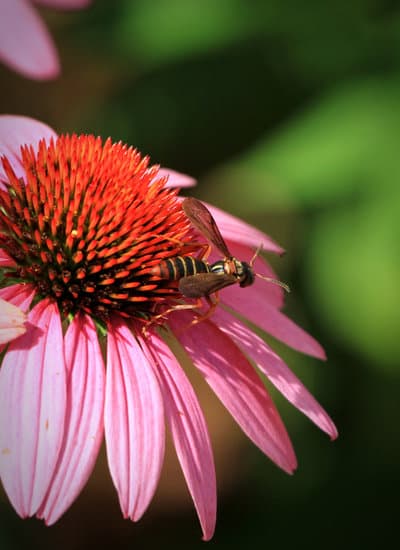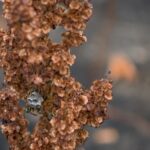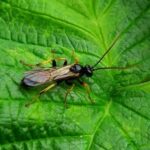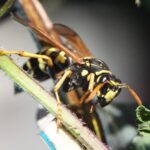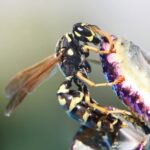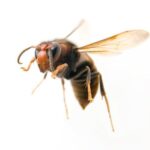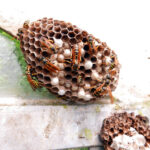What to Do If You Have an Allergic Reaction to Wasp Stings
Luckily, most wasp stings are mild enough to be treated at home. However, if the sting causes an allergic reaction, you should seek emergency medical attention.
Most people with an allergic reaction to wasp stings will experience itching and pain. Itching will usually subside within a few hours. Alternatively, you may experience swelling of the affected area.
If the sting causes pain, you can apply a cold compress to the area. You can also apply ice to reduce swelling. If the sting is not severe, you can also try baking soda to soothe the skin. This home remedy will help neutralize the alkali venom of the wasp.
If the sting causes extreme pain, you can try ibuprofen or other painkillers. You can also try a cortisone cream to relieve itching. You can also apply aloe vera gel directly to the sting to relieve the pain.
You may also want to use a tetanus shot. If you have a history of European wasp stings, you should be very aware of the signs of anaphylaxis.
You should also avoid insect nests. If you have children, you should be able to teach them how to avoid wasp stings. If they are allergic, they should carry a bee sting kit with them. This kit includes epinephrine, which can be used in the event of an allergic reaction.
If you are experiencing a severe allergic reaction, you should call an ambulance or go to your local emergency room. A severe allergic reaction can be life-threatening, so it is important to seek medical attention as soon as possible.
